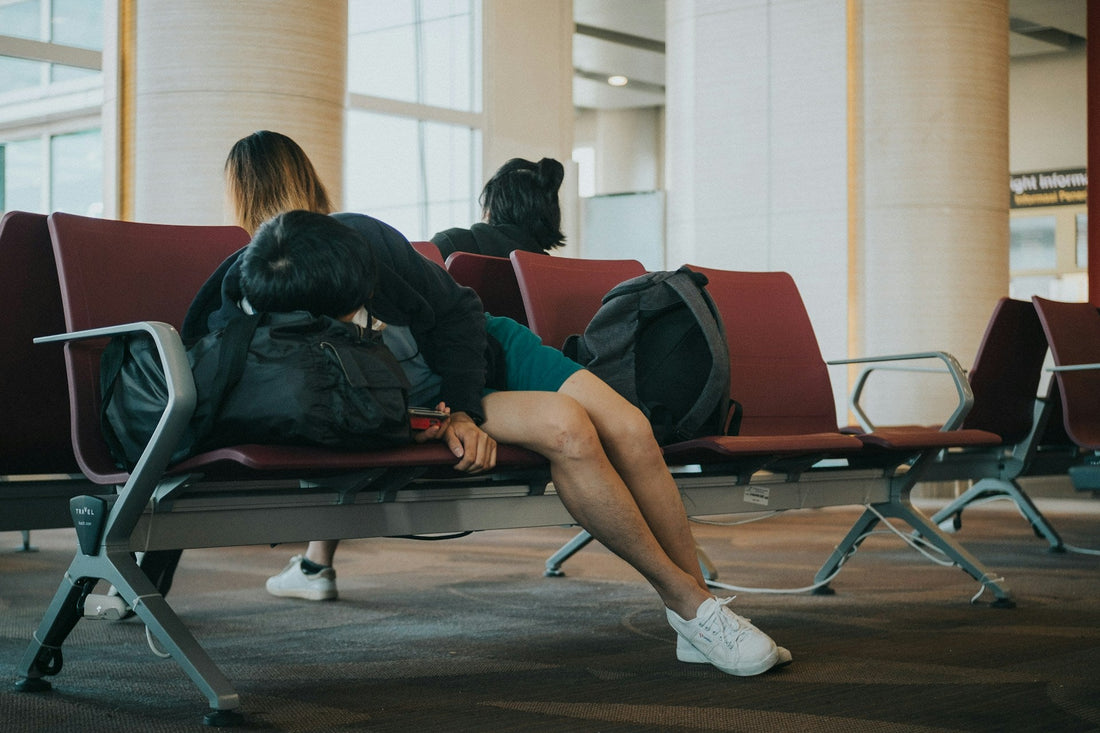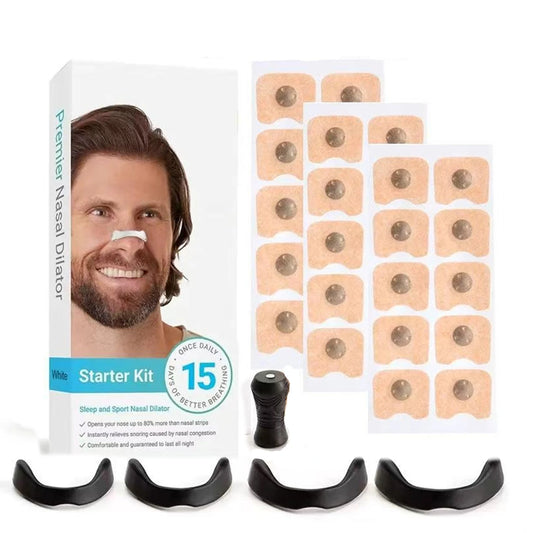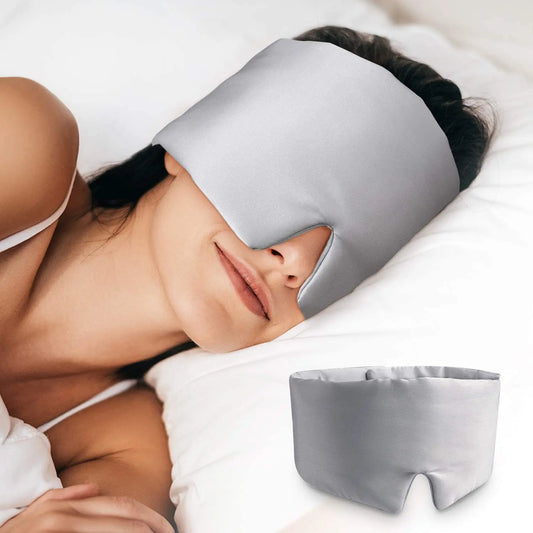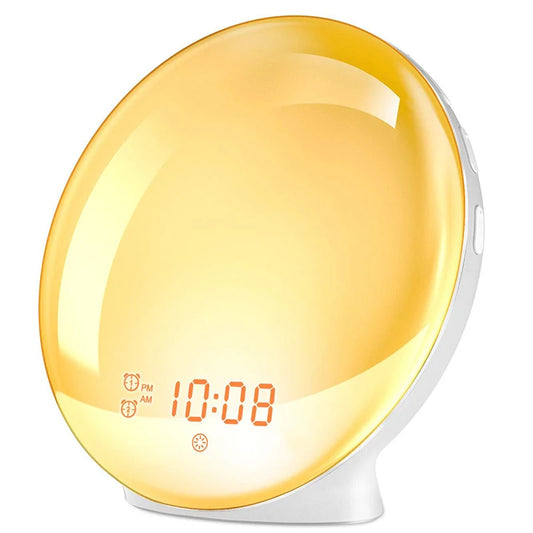
Jetlag and Sleep: How Time Zone Changes Hijack Your Rest (and how to fix it)
Share
Jetlag doesn’t just sap your energy—it disrupts your internal clock, making sleep elusive right when you need it most. Add in cramped airplanes or noisy train cabins, and restful travel can seem impossible. Fortunately, the right tools and strategies can help you sleep better, recover faster, and truly enjoy your journey.
When Travel Throws Your Body Clock Off Track
Crossing multiple time zones causes more than just minor inconvenience. It scrambles your circadian rhythm—the internal 24-hour schedule that tells you when to sleep, eat, and wake. Jetlag emerges when your body struggles to adjust to this sudden mismatch, resulting in:
- Daytime fatigue
- Difficulty falling or staying asleep at night
- Irritability and brain fog
- Digestive upsets
The usual routines that signal “bedtime” are disrupted, so your brain doesn’t know whether it’s time to rest or remain alert. And when your journey is long or includes overnight legs, sleeping somewhere unfamiliar—especially in transit—can make jetlag worse.
The Challenge of Sleeping While Traveling
Getting quality rest aboard planes and trains isn’t easy. Even when you desperately want to nod off, you might face:
- Constant background noise
- Frequent bright lights or cabin announcements
- Limited personal space
- Seats designed for sitting, not sleeping
The combination of sensory overload and physical discomfort sends mixed messages to your already-confused body clock. Yet improving your immediate surroundings—what experts call your “sleep environment”—can make a dramatic difference. Even small changes can cue your body to relax and encourage deeper, more restorative rest to combat the effects of jetlag.
Practical Sleep Tools for Restful Transit
What if you could create a calm, comforting oasis no matter where you are? Smart sleep accessories are designed to make the most of limited space and time, helping travelers combat the harshest conditions of planes, trains, and long-haul journeys.
-
Sleep Masks:
Light is the chief enemy of sleep. Exposure to bright environments tells your brain it’s time to wake up—even when you desperately need rest. A sleep mask shields your eyes from overhead lights, sunlight, or passing screen glare, promoting the release of melatonin, your natural sleep hormone. Unlike flat masks, a contoured design sits away from your eyelids, preventing pressure and letting you blink freely. Travelers report they fall asleep more quickly and wake up less often with a comfortable, well-fitted mask -
Memory Foam Neck Pillow:
Even the most seasoned travelers dread trying to sleep upright. Memory foam travel pillows provide vital ergonomic support, cradling your neck and maintaining healthy alignment. Instead of waking up stiff, you enjoy gentle cushioning that adapts to your shape, reducing tension and preventing that “crick in the neck.” This comfort makes it much more likely you’ll catch restorative sleep, even in coach. -
Ear Plugs:
Sound sensitivity can ruin any chance of in-transit relaxation. Silicone ear plugs soften the roar of engines, the chatter of fellow passengers, and those sudden, jarring announcements. By muffling external noise, ear plugs foster a quieter atmosphere—so you can drift off peacefully, even in a crowded cabin or bustling terminal. They’re easy to clean, reusable, and a must-have in any travel kit.
Minimizing Jetlag: Beyond Sleep Loss During Transit
While no product can eliminate jetlag entirely, minimizing sleep loss during your journey is a powerful step. Getting better rest en route allows your body to arrive less depleted, easing the transition to a new time zone. Well-rested travelers adapt more quickly, with energy to reset their schedule, enjoy their destination, and bounce back from the symptoms of jetlag.
By using tools that address the biggest obstacles—light, noise, and discomfort—you set yourself up for a smoother adaptation. The brain gradually catches up to the local time, especially if your travels leave you less exhausted at the start.
Travel Smart: Small Tools, Big Difference
You don’t have to resign yourself to days of sluggishness or sleepless nights after crossing time zones. With a bit of preparation and the right gear, quality rest is possible—even at 35,000 feet or on an overnight train. A thoughtfully packed kit with a 3D contoured sleep mask, supportive memory foam neck pillow, and reliable silicone ear plugs empowers you to reclaim sleep wherever your journey takes you.
Jetlag may be an unavoidable companion for globetrotters, but it doesn’t have to dictate your experience. For your next long-haul trip, explore trusted sleep products that help you rest better en route—and arrive ready to embrace adventure.
👉 Shop Nite Zen’s Collection to create your perfect nighttime ritual and experience the difference tonight.








